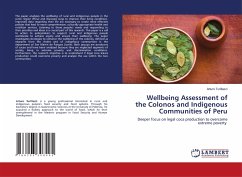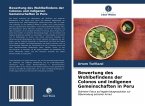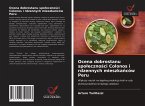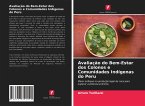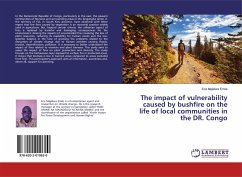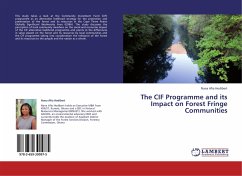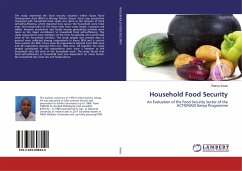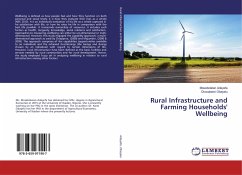The paper analyzes the wellbeing of rural and indigenous people in the Junín region (Peru) and discusses ways to improve their living conditions. Improved data regarding their life are necessary to create more effective policies that lead to more comprehensive, culturally appropriate health and nutrition services. Listening to these people's needs and responding to their priorities and ideas is a crucial part of this research. This paper is a call to action to policymakers to support rural and indigenous people worldwide to achieve equity and ensure their wellbeing. The paper investigates strategies to enhance the wellbeing of the colonos, defined as migrants from the Andes and of indigenous communities in the department of San Martin de Pangoa (Junín). Both groups are producers of cacao and have been analyzed because they are neglected segments of society, living in extreme poverty and discrimination conditions. Furthermore, the research objective is to understand if legal coca leaves production could overcome poverty and analyze the use within the two communities.
